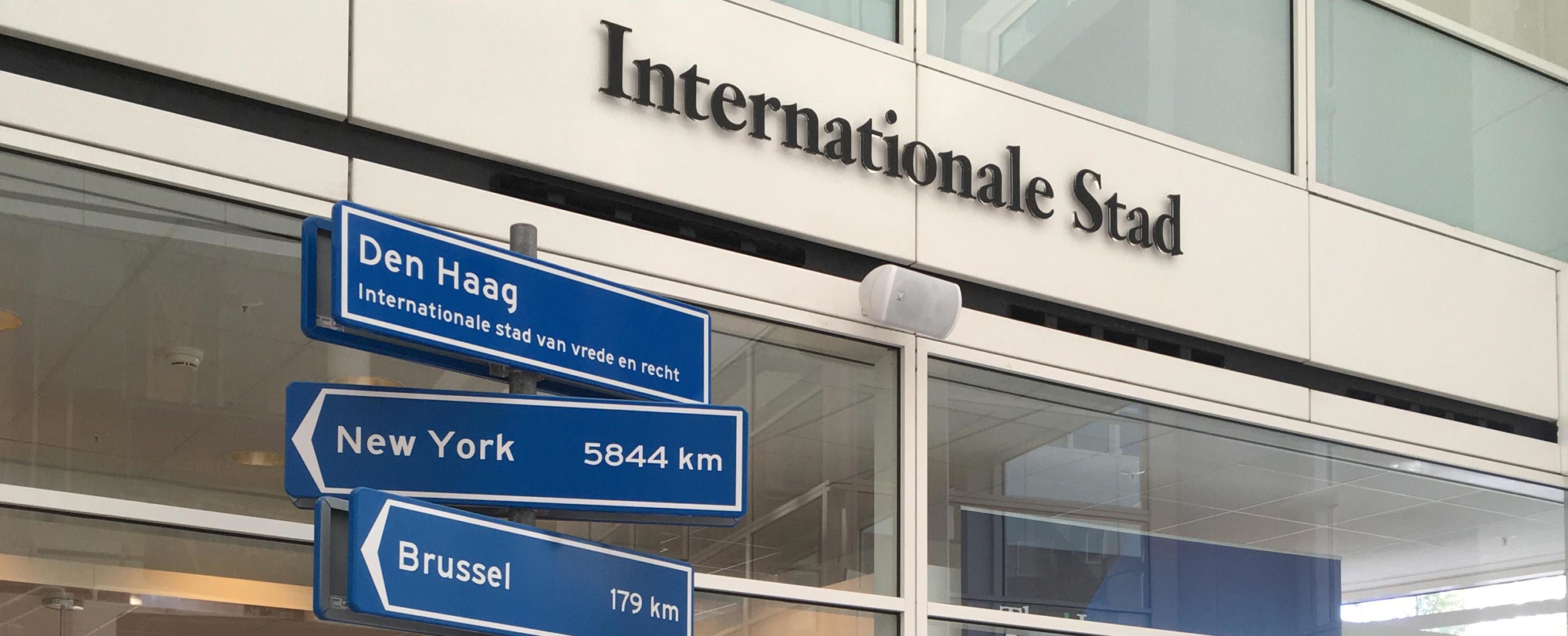The Hague: international city of peace & justice
For centuries, The Hague has been the city of Peace and Justice with the international legal order taking a leading role. Besides the International Court of Justice and the Permanent Court of Arbitration, The Hague has another 200 international organisations, and moren than 100 embassies and consulates. No wonder GMW lawyers often has to deal with international law and with labour law matters of people employed at one of those international organisations. That is why GMW is well acquainted with the international organisations, allowing us to advise you effectively on your legal position.
International city of Peace & Justice
The various international institutions situated in The Hague include the OPCW (Organization for the Prohibition of Chemical Weapons) and the ICC (International Criminal Court).
The Hague is a governmental city and the large presence of international institutions attracts new institutions with a diplomatic or intergovernmental status. There are more than 18.000 residents of the Hague working towards world peace. GMW lawyers supports these (international) employees and organisations and in this way contributes to the international and legal character of The Hague.
How did all these organisations end up here?
Ever since the establishment of the government of the Republic of the Seven United Netherlands in the 16th century, The Hague has offered accommodation to foreign diplomats. The international history makes The Hague very special.
Hugo Grotius (1583-1645) was a lawyer in The Hague who made the Netherlands a guiding country for international relations. In his most famous work “The Rights of War and Peace” (1625), he established legal limitations to the destruction of war. This document is still the basis of modern international law.
Tobias Asser (1838-1913), Dutch lawyer and later Nobel prize winner, set up the The Hague Conference of International Private Law. In line with this, the first edition of The Hague Peace Conference took place in 1899. This then led to the establishment of the Permanent Court of Arbitration. Subsequently, the Peace Palace was built to accommodate this new Court of Arbitration. With the establishment of the ICC (International Criminal Court) after the Second World War, The Hague became a magnet for other intergovernmental institutions.
Characteristics of international organisations
The establishment of international organisations is generally governed by the conventions in which these organisations are founded. This means that in principal these organisations only have to comply to the terms of their own treaty and to the general regulations of national and international law.
The independence of international organisations is revealed by their special privileges and immunities. Due to these special privileges, the host state does not have (full) legal authority over them. In a procedure, a judge in The Hague may declare himself unauthorised over an international organisation. Furthermore, buildings of international organisations are inviolable. This means that Dutch authorities may not enter these buildings without permission.
Nevertheless, these international organisations have to comply with human rights standards set by the European Union and the European Convention on Human Rights and of course with their own adopted staff regulations and policies, about which we of course could provide you with our advice.
Mini states and their personnel
With the various international organisations, The Hague actually has a large collection of mini states. What does this mean for the people who work there? First of all, immunity also applies to the personnel of the mini states. There are some exceptions to this immunity, namely if a member of the personnel buys a house or gets married. In that case Dutch law applies.
This is quite different when it comes to Dutch employment law. International organisations have their own internal employment law rules. Only in exceptional situations a judge may be authorised to review a case relating to employment law, namely in the case of demonstrable violations of human rights. When it comes to application and interpretation of the internal employment law rules and European human rights, GMW lawyers could be of your assistance.
Contact
Please do not hesitate to contact us with any legal questions or for more information.


